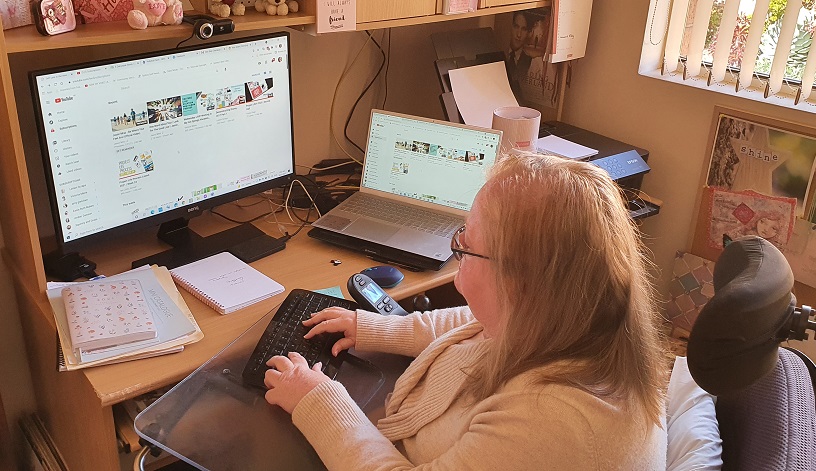-
Home
-
Media and news
-
Media releases
- Customers reliant on life support equipment will benefit from national energy rule change
Customers reliant on life support equipment will benefit from national energy rule change
30 July 2021: Australian customers reliant on life support equipment will soon find it easier to shop around for better energy deals, giving them access to the same retail market competition as other consumers.
The Energy & Water Ombudsman NSW (EWON) submitted a rule change request to the Australian Energy Market Commission (AEMC) in June 2020 raising concerns that the costs associated with securing a new medical certificate each time a customer moves house, or changes retailer, can deter life support customers from finding cheaper energy deals.
In response, the AEMC updated the National Energy Retail Rules (NERR) which will allow life support customers to re-use medical documents provided to their previous energy retailer for up to four years, giving them easier access to retail market competition.
There are currently more than 147,000 premises registered for life support equipment in Australia’s National Electricity Market (excluding Victoria and the ACT) note. Equipment can range from kidney dialysis machines and ventilators to insulin pumps, powered wheelchairs, hot water, or heating and air conditioning (if defined by a medical practitioner as essential for their patient). The associated costs of running these appliances can significantly increase household energy bills.
“It is critical that these customers can easily switch retailers to get an energy contract that meets their financial needs,” said Janine Young, Energy & Water Ombudsman NSW.
The Ombudsman said the rule change request is a direct result of EWON’s Outreach program engaging with a disabilities support peer group in Blacktown and listening to how hard it was for them to switch retailers.
“This is the first successful rule change request from an energy Ombudsman scheme and a perfect example of how our direct engagement with customers can result in substantial policy change. I’m extremely pleased that EWON has helped initiate a simpler and less stressful process for customers in these circumstances,” said Ms Young.
AEMC Chair Anna Collyer said the energy rules are continually evolving to address customer need and changes in the energy landscape – and this is a great example of how collaboration works in consumers’ interests.
“Stakeholders are critical to the way the energy rules shift and change with the times and through EWON bringing this issue to the table we were able to improve flexibility and access to the retail energy market for an important group of customers,” Ms Collyer said.
“Access to affordable and reliable power is everyone's right, particularly crucial for customers reliant on life support equipment because a loss of energy can be life threatening.”
The rule change takes effect on Sunday, 1 August 2021.
Footnote: data provided by the Australian Energy Regulator is based on a voluntary survey with distributors between May and June 2021.

Case study available: Carolyn Campbell-McLean – Disability Training and Communications Consultant. Carolyn has a lived experience of disability and relies on various forms of life support equipment.
Interview requests: For the Ombudsman or Carolyn Campbell-McLean, email Fran Strachan or 0429 416 070. For AEMC Chair, Anna Collyer, email Kathryn Lamond or 0424 465 464.

